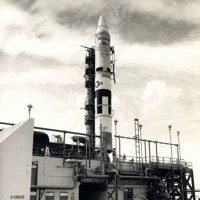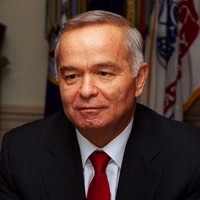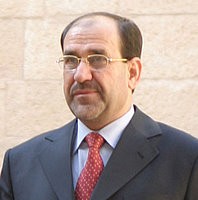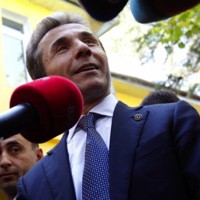
Russia announced last week that it would cease cooperation with the U.S. under the highly successful Nunn-Lugar nuclear security program. In an email interview, Brian Finlay, a senior associate and director of the Managing Across Boundaries program at the Stimson Center, discussed Russia’s decision to withdraw from the program. WPR: Why is Russia withdrawing from the Nunn-Lugar Cooperative Threat Reduction program? Brian Finlay: In the immediate wake of the Cold War, dire financial need and insecurity across the Russian Federation mandated cooperation with the United States to protect the vast stockpile of weapons of mass destruction in the former Soviet […]





